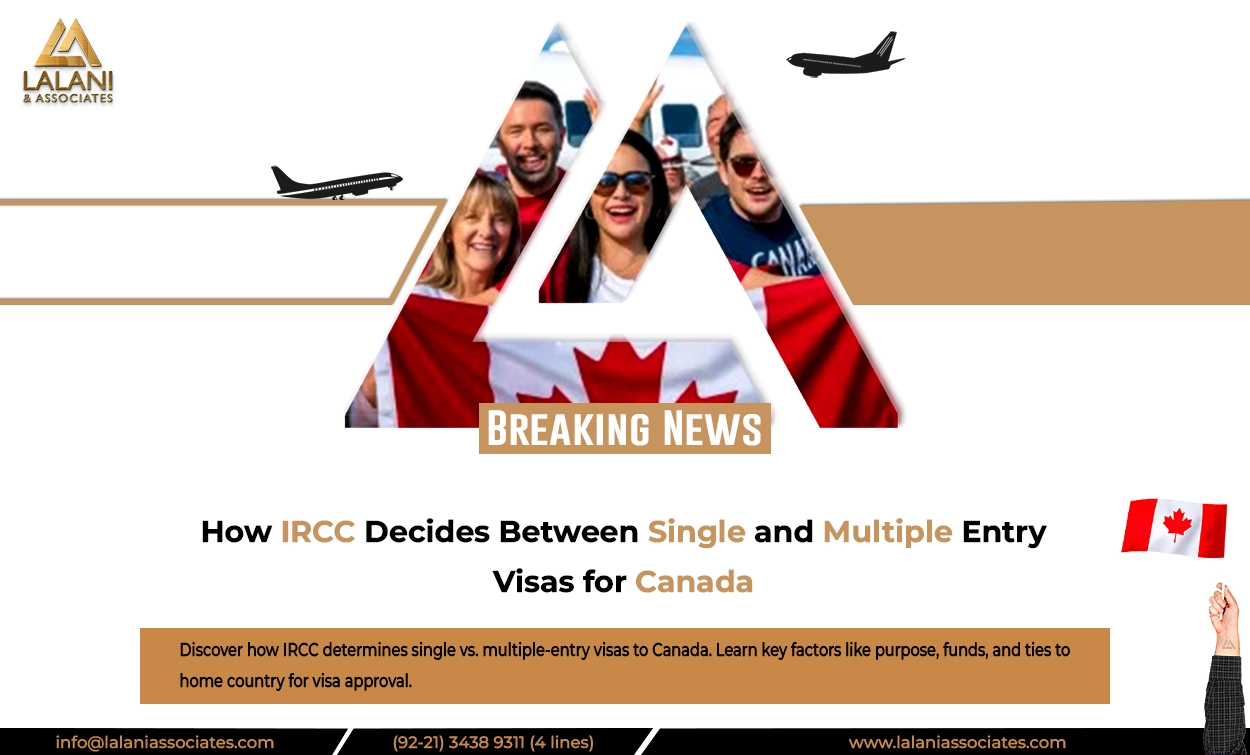
Understanding Canada’s Visitor Visas
➤ What is a Visitor Visa?
A visitor visa canada is an official document issued by Canada that allows travelers to enter the country for a temporary stay. It can be for tourism, family visits, work meetings, or short-term studies.
Who Needs a Visa to Enter Canada?
Most foreign nationals need a visa to visit Canada. This is stamped in the passport and permits entry through Canada’s borders. However, citizens of certain countries are exempt and may only need an electronic Travel Authorization (eTA).
Visa-Exempt Countries and eTAs
Visa-exempt travelers, such as citizens of the United States or specific European countries, must apply for an eTA if arriving by air. Unlike a visa, obtaining an eTA is faster and simpler.
➤ Types of Visitor Visas
Single-Entry Visa
A single-entry visa allows a visitor to enter Canada once. If they leave, they must reapply for another visa to return unless traveling to the U.S. or nearby islands.
Multiple-Entry Visa
A multiple-entry visa permits visitors to enter and leave Canada as many times as needed during its validity. These are valid for up to 10 years or until the passport expires, whichever comes first.
How IRCC Determines Visa Type
➤ Key Considerations
When reviewing applications, IRCC officers look at various factors to decide the type of visa to grant.
Purpose of Visit
Officers evaluate why you are traveling to Canada:
▲ Is it for a one-time event like a conference or family visit?
▲ Will you need to return frequently, such as for work or family obligations?
▲ Is the visit for compassionate reasons, like visiting a critically ill relative?
Financial Stability
Applicants must show they can afford their trip. Officers check for:
▲ Proof of stable income or financial support from a Canadian host.
▲ Supporting documents from employers if the trip is work-related.
Medical Needs
If visiting Canada for medical treatment, applicants must provide a clear plan, including proof of health insurance and a detailed treatment schedule.
Other Important Factors
▲ Strong ties to your home country, like family, work, or property.
▲ Previous travel history, including adherence to visa conditions.
▲ Any prior visa refusals or inadmissibility to Canada or other countries.
➤ Why Multiple-Entry Visas Aren’t Guaranteed
Although multiple-entry visas are convenient, IRCC officers don’t grant them by default. The decision is based on whether the applicant’s circumstances justify multiple visits and if they meet all requirements.
Additional Factors for Visa Validity
➤ Duration of the Visit
Short-term visits, such as for a business meeting, may result in shorter visa validity periods, even for multiple-entry visas.
➤ Applicant’s Ties to Their Home Country
Applicants with strong connections to their home country—like employment or family—are more likely to be approved.
➤ Economic and Political Situations
IRCC may consider how stable an applicant’s home country is, especially if ongoing political or economic issues could make it harder for the applicant to return.
What Happens if Your Visa is Refused?
➤ Common Reasons for Refusal
Visa applications may be denied if:
▲ The officer doubts you will leave Canada after your visit.
▲ You are inadmissible due to health or criminal issues.
➤ When Should You Reapply?
You should only reapply if your situation has changed significantly. Examples include:
▲ Resolving criminal or medical inadmissibility.
▲ Providing additional proof of ties to your home country.
▲ Submitting stronger financial documents.


0 Comments